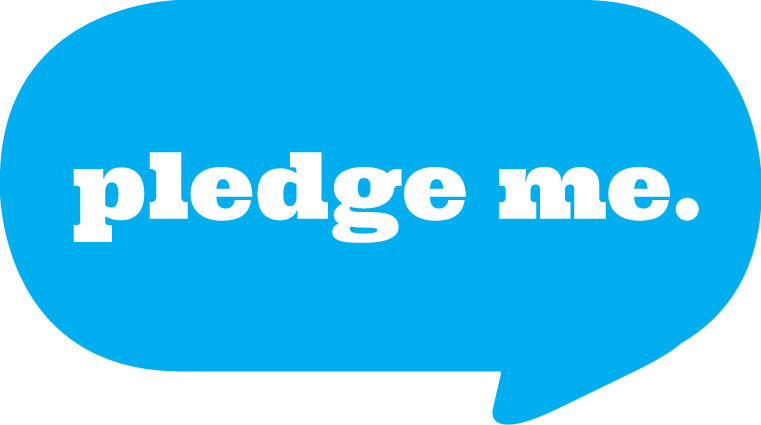
Many people are wondering what the impending financial market regulations in New Zealand mean for platforms like Kickstarter and PledgeMe, and whether they will need to get licensed or change their business practices once the law is passed.
The simple answer: No.
As part of the Financial Markets Conduct Act, in April the FMA is releasing laws regarding crowdfunding and peer-to-peer lending. However the crowdfunding laws only relate to crowdfunded investment that expects a monetary return, i.e. equity or debt-based crowdfunding. PledgeMe and Kickstarter are rewards-based crowdfunding platforms, which as such do not offer a monetary return and thus cannot be categorised as securities. Considering that, the laws will have no effect on how these platforms are run and the rules affecting them.
However, equity crowdfunding can affect rewards-based platforms in another way.
Kickstarter recently funded MeMini, a product created by Kiwi entrepreneur Sam Lee. One argument is that such a product could potentially have received a higher amount of funding and backers if the rewards were more than a camera, but also a stake in this exciting new company. A lot of backers, who believe in the product enough to pre-fund it, would also be willing to front up some more cash to be a shareholder in the company.
Of course, the question of whether an entrepreneur would want to give away equity in the company at such an early stage when s/he can raise the funds required via essentially pre-selling of the product, is an entirely separate one.
That’s where I see another ‘no’ answer. It makes more sense for an early stage product company like MeMini to raise its funds via rewards-based crowdfunding rather than equity crowdfunding. However at some stage it will need to raise more capital to start building a viable company around that product. Ideas like MeMini can be copied very easily, and it’s important for such a company to move fast to sustain its competitive edge before knockoffs start commoditising its product. That is where equity crowdfunding comes in.
What about raising the next round of funding from a VC rather than equity crowdfunding?
Equity crowdfunding gives an opportunity for entrepreneurs like Lee to tap into his customer base again along with other investors to raise the next round of funding that the company will invariably need. Of course, one would assume that with a successful product like the MeMini, he could raise the next round of capital from more traditional sources like a VC firm.
However for a company that got its ‘kickstart’ thanks to thousands of small investments from a plethora of fans, it’s only ethical in a sense to give those fans and investors the opportunity to invest and share in the company’s growth rather than give away equity to a VC.




